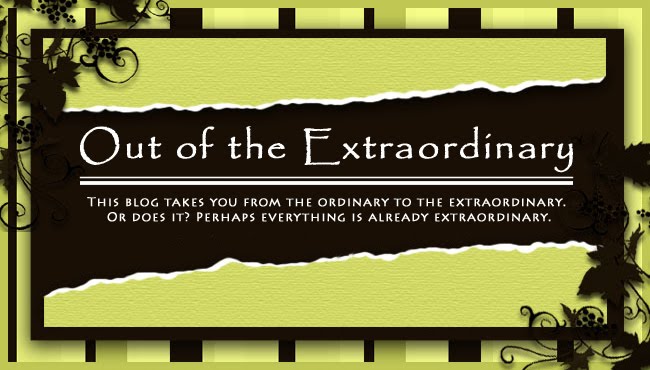"This is a work of fiction. Names, characters, places and incidents either are the product of the author's imagination or are used fictitiously, and any resemblance to actual persons, living or dead, business establishments, events, or locales is entirely coincidental."
Historical fiction is a favorite of mine, partly because I sometimes wish I lived in an age of long, flowy skirts and chivalry, but also because historical fiction is how I learn about what life used to be like. I hated history class. Like seriously, detested it. I think it may even have eked out beyond math, and that's saying a lot. Why did I hate it? Because it was booooo-riiiiing. I don't care that French Protestants in England were called Huegenots or that the Romans had a better road system in London of Cesaeric control than the city did afterwards until about the 1800s.
But--what I do like is a good story, and if you read London: the Novel by Edward Rutherfurd you will get a series of stories, following a few family lines through the centuries of life on the island. And you might just pick up a fact or two about the different eras.
I'm not trying to write a book report here, or sell you anything. But I just bought The Cellist of Sarajevo by Steven Galloway, and before I even started reading it I was hit with another disclaimer, much like the one in London: the Novel. Essentially it's saying "yes I'm putting this book in a real place and using real historical events, but I'm going to add a fictional story to it and possibly put words into people's mouths without having historical fact to back it up so please oh please do not sue me for libel or defamation of character because I'm just trying to tell a story of something that could have happened at a particular time and place but didn't."
It's so very sad that we have to add these disclaimers. But what I do love is the positive aspect of historical fiction, because really I would NOT have cared to know about the Roman road system until I read a story about a family whose life was affected by it. Real or not, the story engaged me, and that's what helps me to remember details. That's why high schools are often combining their English and History classes, so you can read books that were written in the time about which you are learning. Genious! I wish more people wrote quality historical fiction because I would be sooo full of knowledge!
Now it does help that I was in London earlier this year, so when I read about the Marble Arch (or as Heather and I called it, the Mable Arch--mooooooooo) I could picture it. When they described the workings of the new London Bridge I can say oh yes, I know what that looks like!
But believe me, even if you've never been there, you can get pulled into a story so well that the details imbed themselves in your brain and you are transported there--enough that if you were to go to the places listed in the book you'd know why they're named what they are. Just take some of the tube station names. Their histories are amazing! (Now as a warning, London: the Novel is over 1000 pages long. Just so you know before you think you can just "flip through it" for the details. But it's a pretty easy read.)
What tickles me to no end about the disclaimers that all historical fiction books must have, however, is the acknowledgement that if people see something in print, and it concerns a place or time they know to exist (or have once existed), they will assume that whatever you write about it is true, and they will remember it far longer than they will remember some paragraph in a history book about it.
So authors, beware! People are going to believe what you write. This is a boon and a curse, all depending on how much research you do. But just think... if you manage to write an engaging book about a time/place/person who actually existed, you will manage to do more than entertain the masses, you will teach them as well! Americans, at least, are badly in need of some more learning on the history of the world. So please, write those stories and share them! Stories are how we learn, how we grow and progress as a people. Be a part of the movement and carve out your own place in history.
Just please, please, put a disclaimer in front of everything you write.
sneaker ballerinas
3 months ago








So when would you live then, if you had a choice? I'd be Jane Austen's neighbor.
ReplyDelete